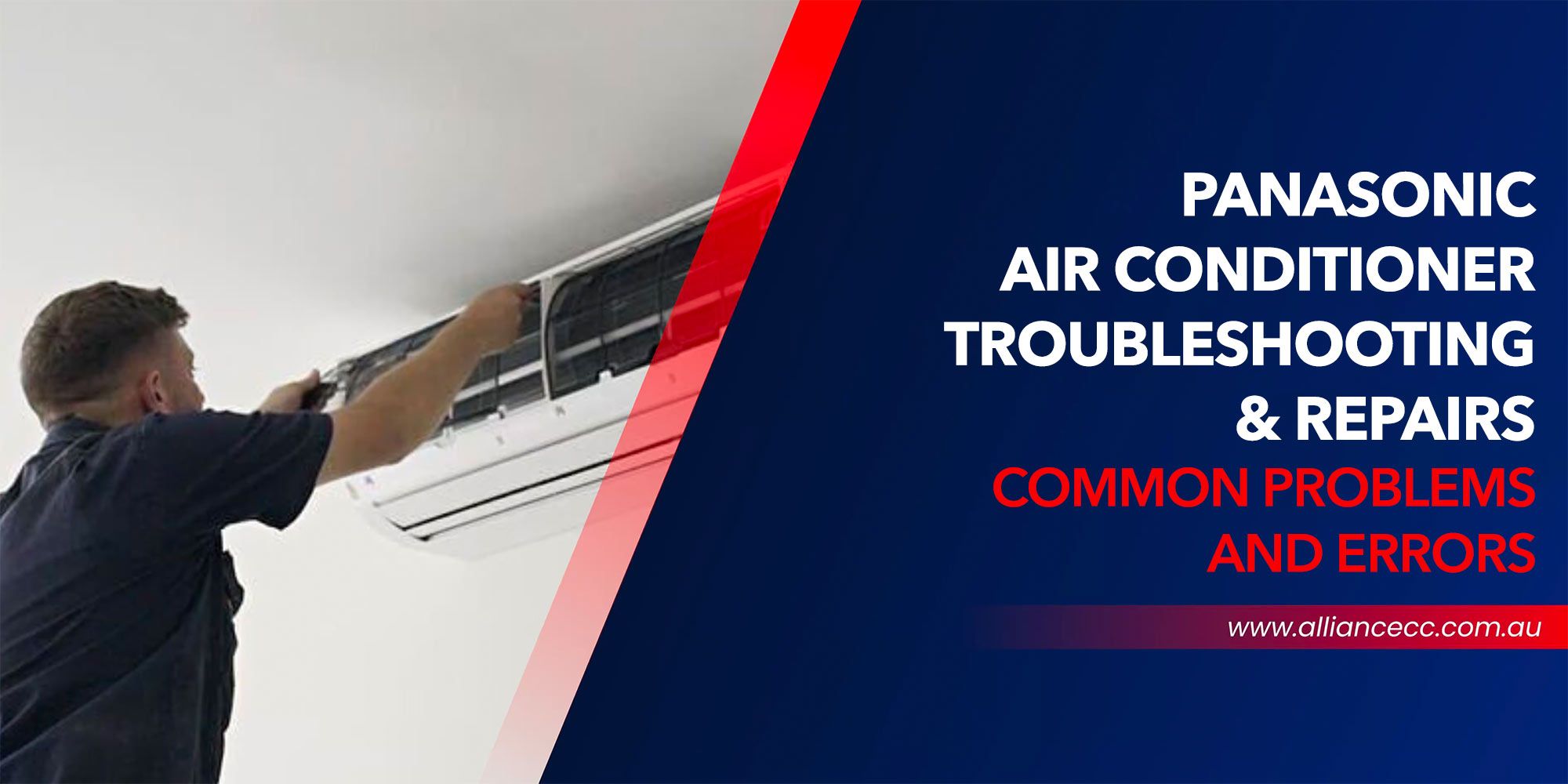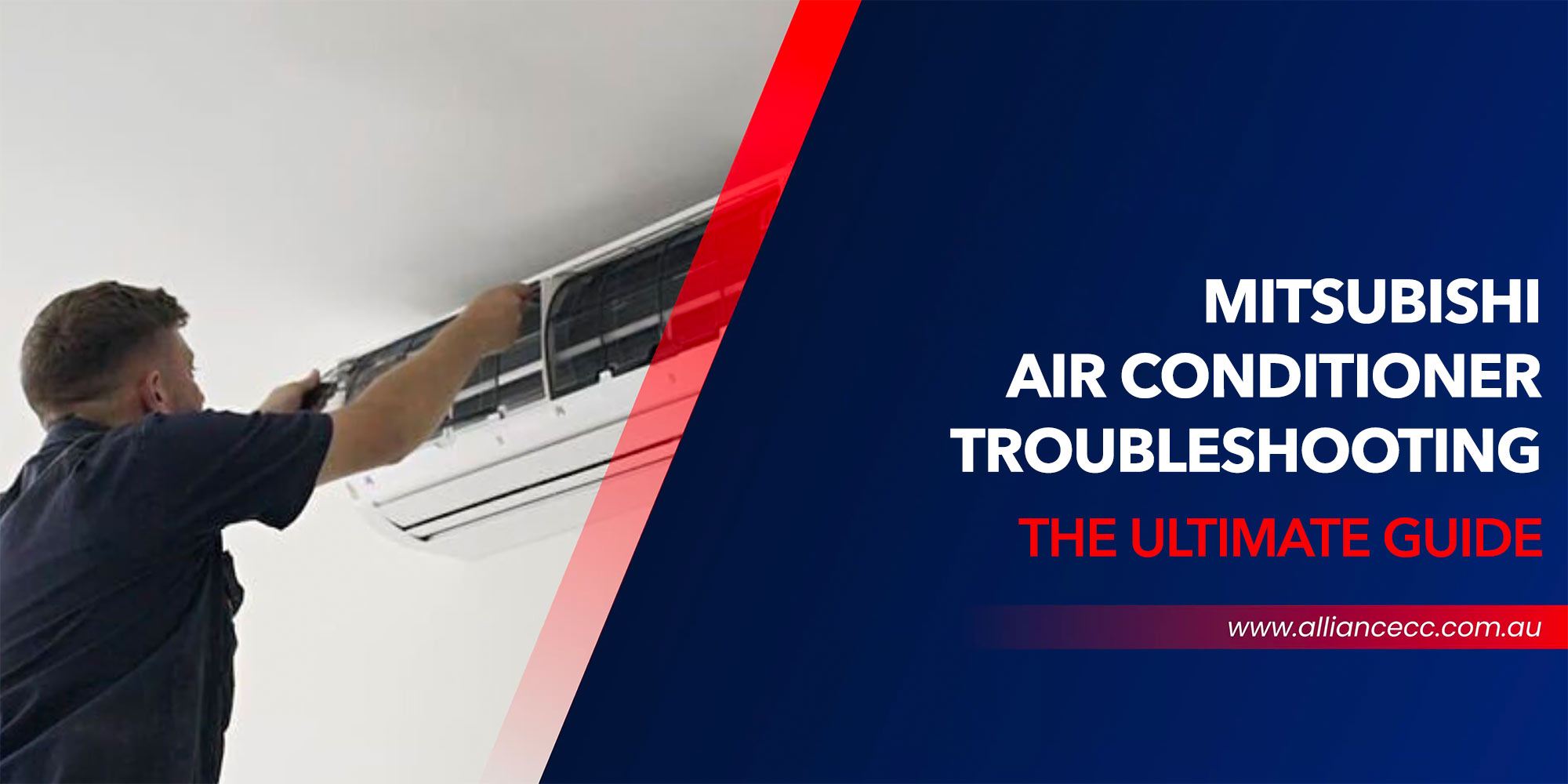
Most Common Problems with Panasonic Air Conditioners
Your AC not working properly won’t always mean that you’ll need to replace or repair it — some of these problems can be fixed easily. In this Panasonic air conditioner troubleshooting guide, we’ll cover:
- 11 common problems with Panasonic air conditioners and their causes
- How to resolve some simple issues with your Panasonic AC unit
- When you need to call an air conditioning company
- How to reset a Panasonic AC unit
- The most common error codes for Panasonic air conditioners
- Where to get more information on your specific Panasonic AC model
Our troubleshooting guide will explain each of the above sections in detail and take you through everything you need to know in a one-stop guide for all your Panasonic AC needs.
Get a Free Quote From a Panasonic Air Conditioner Expert Today
*Offer to be presented at point of booking or sale.
“`
Panasonic Air Conditioner Troubleshooting Guide
Below is a list of common issues Panasonic air conditioner owners may experience.
Panasonic Air Conditioner Not Working
Your Panasonic air conditioner not working may be due to several reasons, such as your AC not getting power, a tripped circuit breaker, or a faulty thermostat.
One reason for your AC not getting any power could be a damaged power cord. Unplug the power cord, check it for any damages, plug it back in, and try turning your AC unit back on again. If it still doesn’t turn on, check the wall outlet for damages. If either the wall outlet or the power cord is damaged, consider replacing it and try turning the AC unit on again.
Check your circuit box and look for a tripped circuit breaker and flip it back on. If the AC’s circuit breaker hasn’t been tripped, turn it off for a few seconds and turn it on again.
If you suspect the problem is a faulty thermostat, try replacing its batteries or changing the settings so that the temperature is a few degrees lower than the indoor temperature.
If none of the suggestions above work and you still haven’t found a solution for your Panasonic air conditioner not working, there may be a more complicated problem. In this case, you may want to call in a professional.
Panasonic Air Conditioner Keeps Turning On and Off
This may happen due to a thermostat-related problem or dirty condenser coils.
If the thermostat doesn’t detect the temperature correctly, it may cause the AC to short cycle. Try replacing the thermostat’s batteries with fresh ones and restart it.
Dirty condenser coils may prevent heat from escaping, and when this happens, your AC will start to overheat, causing it to turn on and off. Try washing the coils to remove dust and debris and see if your AC unit starts working normally. This is a more complicated problem, so you should contact a qualified professional for help.
Panasonic Air Conditioner Not Blowing Air
If your AC isn’t blowing air, a faulty fan, capacitor, or the unit’s compressor may be the cause.
Go outside and check your AC’s outdoor unit and check if the fan is spinning. If it isn’t, check if anything is jamming the fan and use a wooden stick and try to move it. If this doesn’t work, the fan motor may need replacing. If it does start moving, there may be an issue with the capacitor.
Also, if you don’t hear humming coming from the unit’s compressor, there may be a problem with the compressor. Capacitor and compressor-related problems are usually too complex to fix on your own, so consider calling a professional.
Panasonic Air Conditioner Blowing Warm Air Instead of Cold Air
This may be caused by dirty air filters, incorrect thermostat settings, or refrigerant leaks.
Dirty air filters need to be cleaned or replaced. Clean these at least once every three months. After cleaning your filters, the AC unit should start blowing cold air again.
Also, check if your thermostat is set to “Fan” instead of “Auto”. When the setting is set to “Fan”, your AC will continue to blow air even when it’s not in the cool cycle. So change the setting to “Auto”.
Refrigerant leaks can be dangerous as these chemicals are toxic to people and pets. If you think this may be the cause, call a licensed technician immediately.
Panasonic Air Conditioner Heating Mode Not Working
This is usually caused by incorrect thermostat settings, a faulty blower fan, or frozen evaporator coils.
First, check your thermostat and make sure that it’s set to “Heat” instead of “Cool”.
A faulty blower fan may also cause your AC’s heat mode to not work, so check the blower motor. If it’s broken, you may need to have a professional take a look
When the AC’s evaporator coils are frozen over, it won’t be able to heat your home. Use a hair dryer to defrost the coils and see if the AC’s heat mode starts working again.
Panasonic Air Conditioner Leaking Water
Is your Panasonic air conditioner leaking water? This could mean that the drain pipe is clogged.
The drain pipe may accumulate algae and mildew over time, and this causes blockages. To fix this, use a vacuum cleaner to suck the debris out or pour a cup of vinegar down the pipe to unclog it.
Panasonic Air Conditioner Making Strange Noises
An air conditioner making strange noises may be attributed to loose panels or screws or problems with the fan or compressor motor. In this case, there may be some extensive repairs that need to be done, so it’s best to call a professional to look into the problem.
Panasonic Air Conditioner Swing Not Working
This may happen due to two reasons; there’s something wrong with the swing motor or something might be jamming the swing, preventing it from moving.
Using a flashlight, check your air conditioner’s swing to see if there’s any foreign object blocking its movement and then using a stick or a plastic ruler, try to dislodge the object.
If this doesn’t work, the problem may lie in the swing motor itself. In this case, you will need to ask a technician to help you out.
“`
Panasonic Air Conditioner Troubleshooting Guide
Below is a list of common issues Panasonic air conditioner owners may experience.
Panasonic Air Conditioner Not Working
Your Panasonic air conditioner not working may be due to several reasons, such as your AC not getting power, a tripped circuit breaker, or a faulty thermostat.
One reason for your AC not getting any power could be a damaged power cord. Unplug the power cord, check it for any damages, plug it back in, and try turning your AC unit back on again. If it still doesn’t turn on, check the wall outlet for damages. If either the wall outlet or the power cord is damaged, consider replacing it and try turning the AC unit on again.
Check your circuit box and look for a tripped circuit breaker and flip it back on. If the AC’s circuit breaker hasn’t been tripped, turn it off for a few seconds and turn it on again.
If you suspect the problem is a faulty thermostat, try replacing its batteries or changing the settings so that the temperature is a few degrees lower than the indoor temperature.
If none of the suggestions above work and you still haven’t found a solution for your Panasonic air conditioner not working, there may be a more complicated problem. In this case, you may want to call in a professional.
Panasonic Air Conditioner Keeps Turning On and Off
This may happen due to a thermostat-related problem or dirty condenser coils.
If the thermostat doesn’t detect the temperature correctly, it may cause the AC to short cycle. Try replacing the thermostat’s batteries with fresh ones and restart it.
Dirty condenser coils may prevent heat from escaping, and when this happens, your AC will start to overheat, causing it to turn on and off. Try washing the coils to remove dust and debris and see if your AC unit starts working normally. This is a more complicated problem, so you should contact a qualified professional for help.
Panasonic Air Conditioner Not Blowing Air
If your AC isn’t blowing air, a faulty fan, capacitor, or the unit’s compressor may be the cause.
Go outside and check your AC’s outdoor unit and check if the fan is spinning. If it isn’t, check if anything is jamming the fan and use a wooden stick and try to move it. If this doesn’t work, the fan motor may need replacing. If it does start moving, there may be an issue with the capacitor.
Also, if you don’t hear humming coming from the unit’s compressor, there may be a problem with the compressor. Capacitor and compressor-related problems are usually too complex to fix on your own, so consider calling a professional.
Panasonic Air Conditioner Blowing Warm Air Instead of Cold Air
This may be caused by dirty air filters, incorrect thermostat settings, or refrigerant leaks.
Dirty air filters need to be cleaned or replaced. Clean these at least once every three months. After cleaning your filters, the AC unit should start blowing cold air again.
Also, check if your thermostat is set to “Fan” instead of “Auto”. When the setting is set to “Fan”, your AC will continue to blow air even when it’s not in the cool cycle. So change the setting to “Auto”.
Refrigerant leaks can be dangerous as these chemicals are toxic to people and pets. If you think this may be the cause, call a licensed technician immediately.
Panasonic Air Conditioner Heating Mode Not Working
This is usually caused by incorrect thermostat settings, a faulty blower fan, or frozen evaporator coils.
First, check your thermostat and make sure that it’s set to “Heat” instead of “Cool”.
A faulty blower fan may also cause your AC’s heat mode to not work, so check the blower motor. If it’s broken, you may need to have a professional take a look.
When the AC’s evaporator coils are frozen over, it won’t be able to heat your home. Use a hair dryer to defrost the coils and see if the AC’s heat mode starts working again.
Panasonic Air Conditioner Leaking Water
Is your Panasonic air conditioner leaking water? This could mean that the drain pipe is clogged.
The drain pipe may accumulate algae and mildew over time, and this causes blockages. To fix this, use a vacuum cleaner to suck the debris out or pour a cup of vinegar down the pipe to unclog it.
Panasonic Air Conditioner Making Strange Noises
An air conditioner making strange noises may be attributed to loose panels or screws or problems with the fan or compressor motor. In this case, there may be some extensive repairs that need to be done, so it’s best to call a professional to look into the problem.
Panasonic Air Conditioner Swing Not Working
This may happen due to two reasons; there’s something wrong with the swing motor or something might be jamming the swing, preventing it from moving.
Using a flashlight, check your air conditioner’s swing to see if there’s any foreign object blocking its movement and then using a stick or a plastic ruler, try to dislodge the object.
If this doesn’t work, the problem may lie in the swing motor itself. In this case, you will need to ask a technician to help you out.
Panasonic AC Controller Troubleshooting Manual
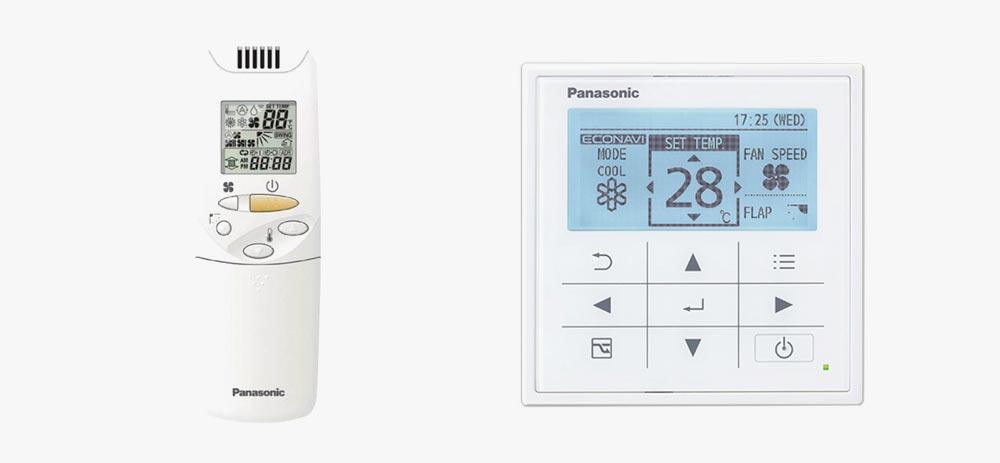
If you’re having trouble with your Panasonic air conditioner’s controller, this part of the Panasonic air conditioning troubleshooting guide will help you.
Panasonic Control Board Not Turning On or Showing Blank Screen
Try putting in some fresh batteries and see if it turns on again. If this doesn’t work, there may be an issue with the screen or the Control Board itself, in which case you might want to call a technician to help you.
Panasonic AC Remote Control Not Turning On
Your Panasonic AC Remote Controller may need some fresh batteries. Try replacing the remote control batteries and see if it turns on. If it doesn’t, you may need to call the manufacturer and ask for a new controller.
Panasonic AC Remote Control Not Working
If your Panasonic Air Conditioner’s Remote Controller isn’t responding, remove the batteries and put them back in.
If it’s still not responding, try bringing the controller closer to your Panasonic air conditioner. If the controller is still not responding, you’ll want to try resetting it (these processes will be explained later).
How to Manually Reset a Panasonic Air Conditioning System
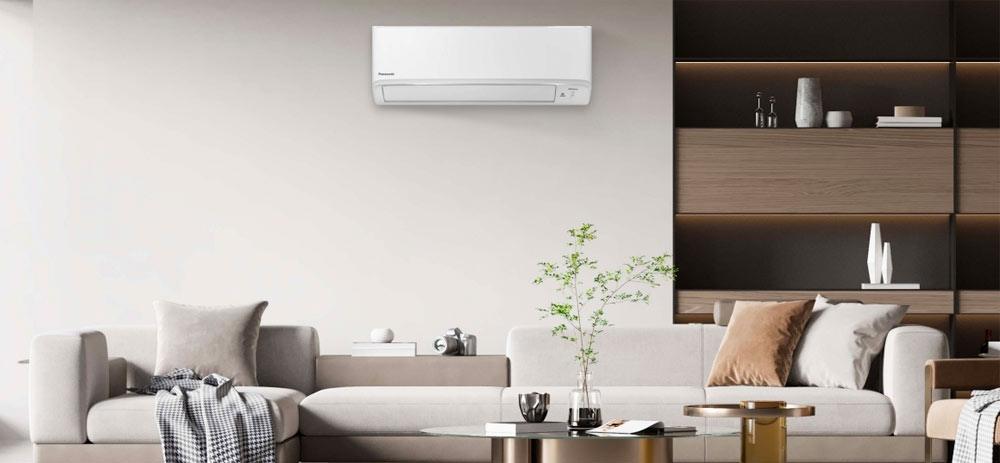
This might sound like a very simple solution, but resetting your Panasonic air conditioning system might help solve some of the more minor issues you’re having with it.
How to Reset a Panasonic AC Unit
To reset your Panasonic air conditioning system, open your fuse box and turn off the AC’s circuit breaker. Now wait for a minute, and then turn it back on again.
Alternatively, you can try pressing the “AC” reset button on your remote controller.
How to Reset a Panasonic AC Remote Control
Here’s how you can reset your Panasonic AC unit.
- Locate the reset button at the bottom of the remote control’s control board. There are two buttons here, but the one labelled “RC” is the one you’re going to use.
- Take a paperclip and press the “RC” button on your remote control.
- Your remote control should be reset now.
Common Panasonic Error Codes
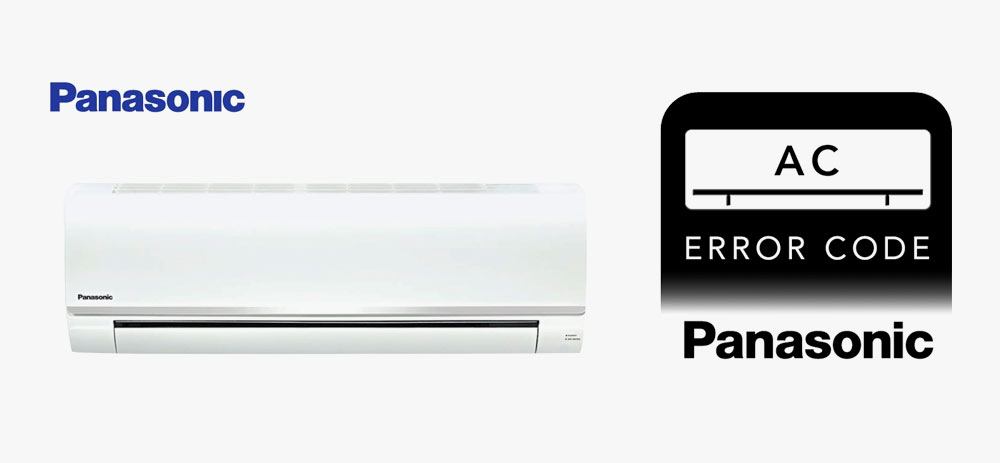
Below is a list of the most common error codes you may see in a Panasonic AC system.
General Panasonic Air Conditioner Error Codes
| Error Code Type | Description |
| 00H | No Detected Abnormalities |
| 11H | Error of Data Line Between Indoor Unit and Outdoor Unit |
| 12H | Other Power Error Between Outdoor Unit and Indoor Unit |
| 14H | Room Temperature Sensor Error |
| 15H | Compressor Discharge Temperature Sensor Error |
| 16H | Compressor Load Current is Too Low |
| 19H | Internal Fan Block Error |
| 23H | Chiller Temperature Sensor Error |
| 25H | Error E-Ion Circuit |
| 27H | Outdoor Temperature Sensor Error |
| 28H | Hot Rig Temperature Sensor Error |
| 30H | Compressor Output Temperature Sensor Error |
| 33H | Error Connecting Internal and External Blocks |
| 38H | Internal and External Block Error is Not Synchronised |
| 58H | Patrol Circuit Error |
| 59H | Eco Patrol Circuit Error |
| 97H | Error on the Outdoor Unit Fan |
| 98H | Indoor Unit Temperature is Too High (Heating Mode) |
| 99H | Chilled Temperature is Too Low (Freeze) |
| 11F | Cooling Mode/Heating Switch Error |
| 90F | Bost Booster Circuit Fault For Compressor Compressor Power Block |
| 91F | Compressor Load Line Error is Too Low |
| 93F | Compressor Rotation Speed Error |
| 95F | Hot Platform Temperature is Too High |
| 96F | Compressor Power Transistor Overheat (Ipm) |
| 97F | Compressor Temperature is Too High |
| 98F | Compressor Load is Too High |
| 99F | The DC Output to the Compressor is Too High |
| P05 | AC Power Supply Trouble |
Panasonic Inverter Air Conditioner (Cooling Only) Error Codes
| Error Code Type | Description |
| F11 | 4-way valve switching abnormality |
| F17 | Indoor standby units freezing abnormality |
| F90 | Power factor correction (PFC) circuit protection |
| F91 | Refrigeration cycle abnormality |
| F93 | Compressor abnormal revolution |
| F94 | Compressor discharge pressure overshoot protection |
| F95 | Outdoor high cooling pressure |
| F96 | Power transistor module overheating protection |
| F97 | Compressor overheating protection |
| F98 | Total running current protection |
| F99 | Outdoor direct current (DC) peak detection |
| H00 | No memory of failure |
| H11 | Indoor/outdoor abnormal communication |
| H12 | Indoor unit capacity unmatched |
| H14 | Indoor intake air temperature sensor abnormality |
| H15 | Compressor temperature sensor abnormality |
| H16 | Outdoor current transformer (CT) abnormality |
| H19 | Indoor fan motor mechanism lock |
| H23 | Indoor heat exchanger temperature sensor abnormality |
| H27 | Outdoor air temperature sensor abnormality |
| H28 | Outdoor heat exchanger temperature sensor 1 abnormality |
| H30 | Outdoor discharge pipe temperature sensor abnormality |
| H32 | Outdoor heat exchanger temperature sensor 2 abnormality |
| H33 | Indoor/outdoor misconnection abnormality |
| H34 | Outdoor heat sink temperature sensor abnormality |
| H36 | Outdoor gas pipe temperature sensor abnormality |
| H37 | Outdoor liquid pipe temperature sensor abnormality |
| H38 | Indoor/outdoor mismatch (brand code) |
| H39 | Abnormal indoor operating unit or standby units |
| H41 | Abnormal wiring or piping connection |
| H59 | ECO patrol sensor abnormality |
| H64 | Outdoor high pressure sensor abnormality |
| H97 | Outdoor fan motor mechanism lock |
| H98 | Indoor high pressure protection |
| H99 | Indoor operating unit freeze protection |
Panasonic Eco-friendly Air Conditioner Error Codes (Refrigerant R410A)
| Error Code Type | Description |
| E01 | Remote Controller Reception Error |
| E02 | Remote Controller Transmission Error |
| E03 | Error in Indoor Unit Receiving Signal from Remote Controller (central) |
| E04 | Error in Indoor Unit Receiving Signal from the Outdoor Unit |
| E05 | Error in Indoor Unit Transmitting Signal to the Outdoor Unit |
| E06 | Outdoor Unit Failed to Receive Serial Communication Signals from Indoor Unit |
| E07 | Outdoor Unit Sending Failure to Indoor Unit |
| E08 | Duplicate Indoor Unit Address Settings Error |
| E09 | More Than One Remote Controller Set to Main Error |
| E12 | Automatic Address Setting Start is Prohibited while Auto-address Setting in Progress. |
| E13 | Error in Indoor Unit Transmitting Signal to Remote Controller |
| E14 | Main Unit duplication in Simultaneous-operation Multi Control (detected outdoor unit) |
| E15 | Automatic Address Alarm (capacity too low) |
| E16 | Automatic Address Alarm (capacity too high) |
| E18 | Faulty Communication in Group Control Wiring |
| E20 | No Indoor Units Connected |
| F04 | Compressor Discharge Temperature Sensor (TD) Trouble |
| F06 | Inlet Temperature Sensor (C1) in Heat Exchanger Trouble |
| F07 | Intermediate Temperature Sensor (C2) in Heat Exchanger Trouble |
| F08 | Outdoor Air Temperature Sensor (TO) Trouble |
| F12 | Compressor Inlet Suction Temperature Sensor (TS) Trouble |
| F31 | Outdoor Unit Nonvolatile Memory (EEPROM) Trouble |
| H01 | Primary (input) Overcurrent Detected |
| H02 | PAM Trouble |
| H03 | Primary Current CT Sensor (current sensor) Failure |
| H05 | Sensor Failure. Compressor Discharge Temperature Sensor (TD) Disconnected |
| H31 | HIC Trouble |
| L04 | Outdoor Unit Address Duplication |
| L10 | Outdoor Unit Capacity Not Set |
| L13 | Indoor Unit Type Setting Error |
| L18 | 4-way Valve Operation Failure |
| P03 | Compressor Discharge Temperature Trouble |
| P04 | High Pressure Trouble |
| P05 | AC Power Supply Trouble |
| P13 | Alarm Valve Open |
| P14 | 02 Sensor Detect |
| P15 | Insufficient Gas Level Detected |
| P16 | Compressor Overcurrent Trouble |
| P22 | Outdoor Unit Fan Motor Trouble |
| P29 | Lack of INV Compressor Wiring. INV Compressor Actuation Failure (including locked) due to DCCT Failure |
Download the Panasonic Manual for Your AC Unit
If your problem is more of a specific question and you know exactly what you’re looking for, or you want to read a little more in-depth into what we’ve covered in this guide, download this comprehensive manufacturer’s manual.
When to Call a Professional for Panasonic Air Conditioning Repair
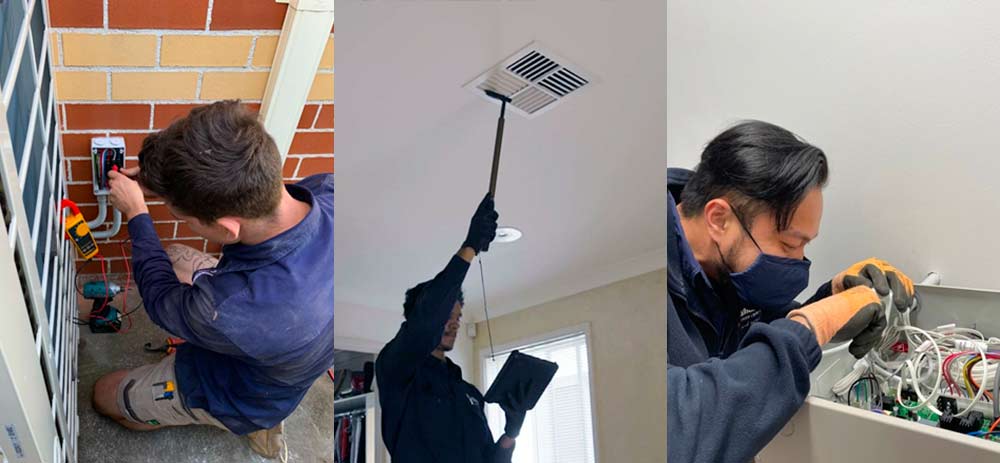
If you’re faced with a problem with your Panasonic air conditioner that you can’t handle on your own or you see any of the error codes we mentioned earlier, you should contact a professional for air conditioning repair.
Panasonic Air Conditioning Repair vs Replacement
If your Panasonic air conditioner is constantly having problems or it’s been around for a while, it may not be worth repairing the unit, as older parts can be more difficult to source and can also be trickier to work with.
Generally, the rule of thumb is to replace AC systems that are more than 15 years old. If this is the case for your current unit, you may want to consider air conditioner replacement instead.
Call Now and Save Up To $1200 with our Exclusive Online Trade-In Offer
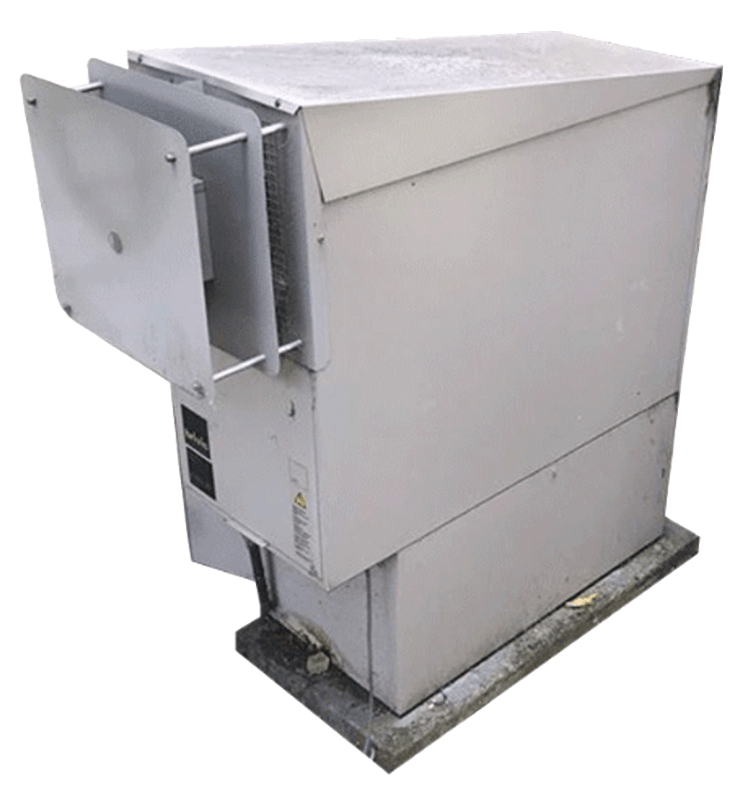
Up to
With any aircon replacement trade in*
*Offer to be presented at point of booking or sale. Not to be combined with any other offer.

Up to
With any new Air conditioning supply and installation*
*Offer to be presented at point of booking or sale. Not to be combined with any other offer.
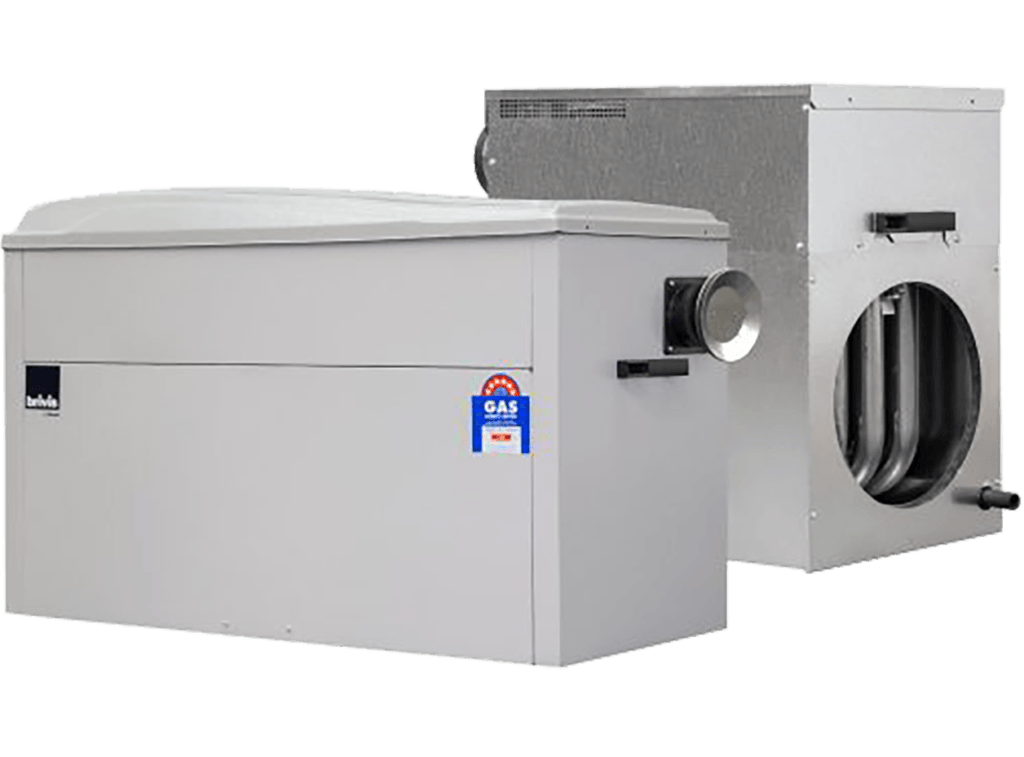
Up to
With any new central
gas heater supply and install*
*Offer to be presented at point of booking or sale. Not to be combined with any other offer.
system

Up to
With any air con or gas heater replacement trade in*
*Offer to be presented at point of booking or sale. Not to be combined with any other offer.
Installation

Up to
With any new Air conditioning
supply and installation*
*Offer to be presented at point of booking or sale. Not to be combined with any other offer.
Schedule an appointment with
one of our specialists today.
Qualified Panasonic Air Conditioner Repairs and Replacement
Need repairs done on your AC unit or just want a new unit entirely? Call Alliance Climate Control! We have over 15 years of experience providing the residents of NSW with top-of-the-line cooling and heating solutions. Call our team today!
